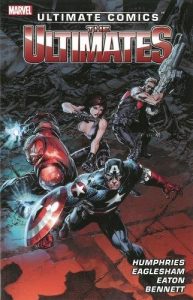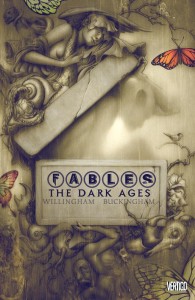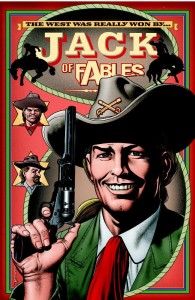 Although I have not touched a game on PC since probably 2006 at the latest, I still have a Steam account from back when that was a reasonable place to play the various Half-Life sequels. This is relevant because, some months ago, a friend gifted me a first-person (rather than text) interactive fiction game called Gone Home. I took a week or so getting the Steam client to work with my laptop (since I’m not going to put a game on a desktop and the Steambox still shimmers hazily in my future), and then I played about 45 minutes of the game and set it aside.
Although I have not touched a game on PC since probably 2006 at the latest, I still have a Steam account from back when that was a reasonable place to play the various Half-Life sequels. This is relevant because, some months ago, a friend gifted me a first-person (rather than text) interactive fiction game called Gone Home. I took a week or so getting the Steam client to work with my laptop (since I’m not going to put a game on a desktop and the Steambox still shimmers hazily in my future), and then I played about 45 minutes of the game and set it aside.
Which is not to say anything bad about it, I just have a habit of not completing games, which is why even one that lasts about two hours took me two or three months to actually finish, and honestly I’m a little surprised it happened all the same. So, what’s the deal? It’s 1995, and you the player have just returned home from backpacking in Europe. Only, nobody answered the phone, nobody picked you up at the airport, and the house is dark, silent, and (thanks to an ominous storm, pervasive minor key mood music, and the implausibility of every family member being away) kind of menacing. Still, it’s IF, so the only thing to do is wander from room to room, reading the notes and computer screens and various detritus of daily life that your family has left scattered around, trying to figure out what has happened here.
At two hours, “what happened here?” is pretty much the whole game, so I won’t say anything to spoil it, but I appreciated that every resident has a story waiting to be discovered, and I also appreciated that each story was opaque to the other residents, wrapped up in their own lives and troubles, only discoverable by the player because you are coming in with a fresh eye after having been gone from home for like nine months.Exciting high adventure, it’s not, but it sets a hell of an atmosphere, at turns creepy, depressing, or nostalgic. I’m not sure I’d pay the $20 Steam has it listed at as of press time, but as a gifted diversion, it definitely hits the spot.



 So there was
So there was 



